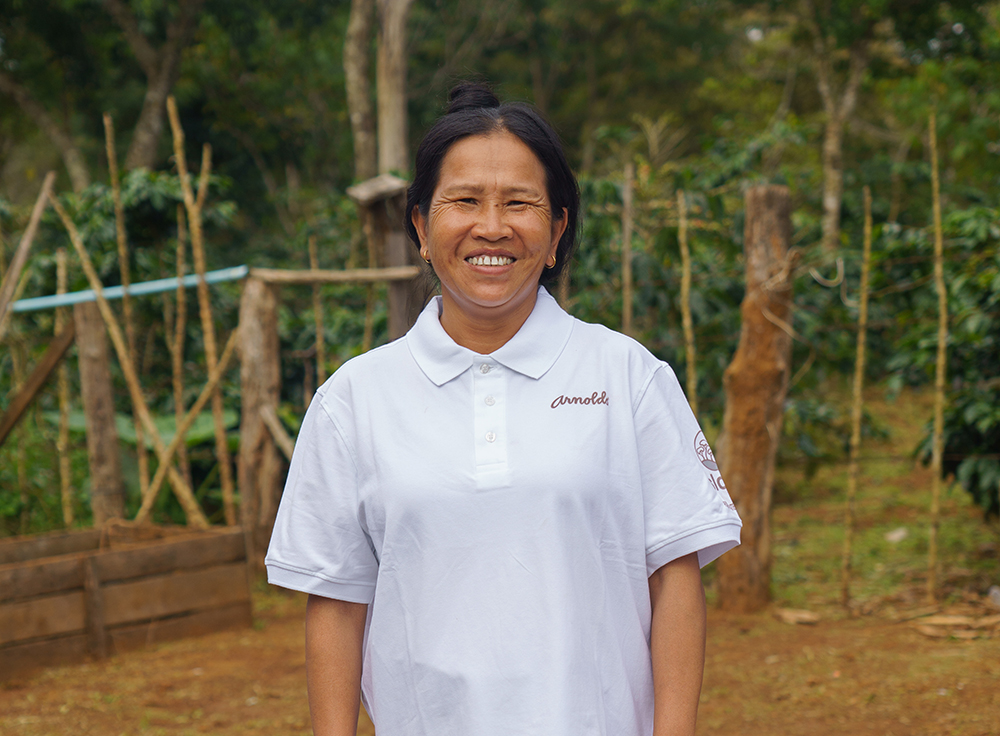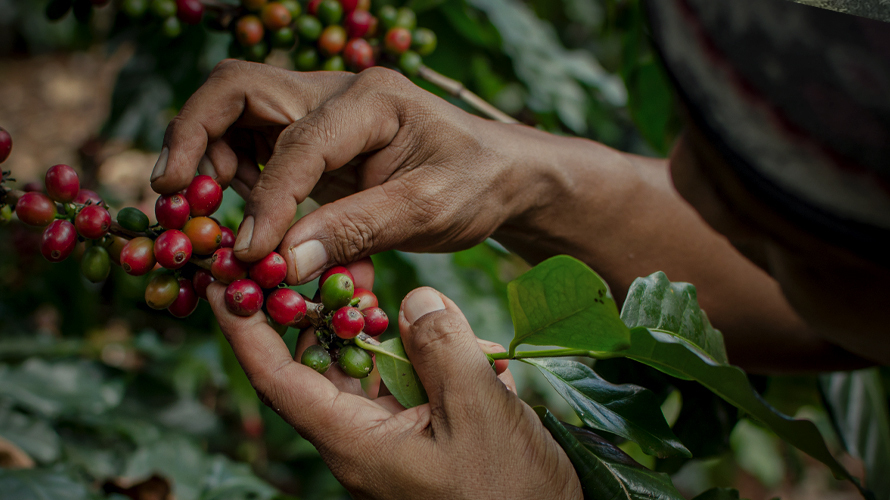Our coffee comes directly from 14 family farms in Nonsoung village, Laos
Arnolds has partnered with Slow Forest Coffee, who works directly with the smallholder coffee growers in Nonsoung Village, Laos, with the aim of improving their livelihoods and the tree cover and plant diversity on the family farms and surrounding areas. And, of course, our aim is to serve great coffee for you!
Have a look at where your coffee is from
Nonsoung village is located at the Bolaven Plateau in Southern Laos. Natural coffee farming in the shade of the trees is a long-standing tradition in the village. This type of coffee farming, called agroforestry, has been passed along for a long time from one generation to another. It produces amazing tasting coffee and at the same time preserves the biodiversity in the area.










